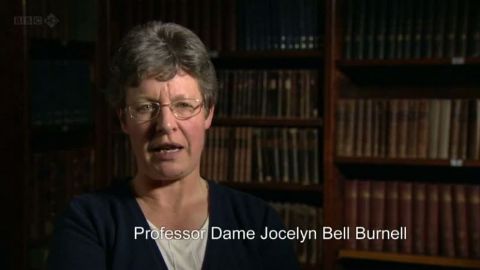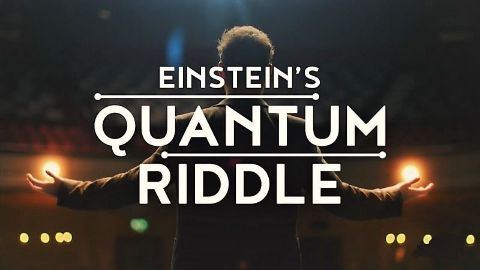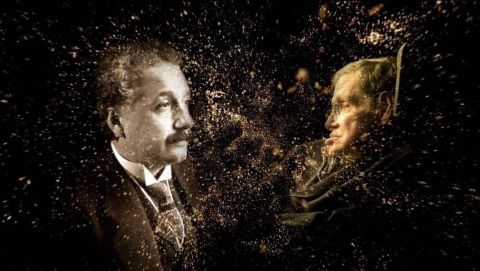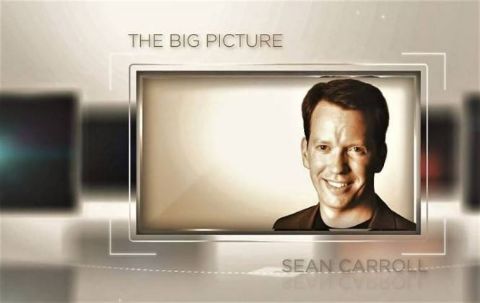Jocelyn Bell Burnell • 2010 • episode "S1E1" • Beautiful Minds
Professor Dame Jocelyn Bell Burnell describes how she discovered pulsars, the by-products of supernova explosions which make life in the universe possible. She describes the moments of despair and jubilation as the discovery unfolded and her excitement as pulsars took the scientific world by storm. Reflecting on the nature of scientific discovery, she talks about the connections between religion and science and how she sees science as a search for understanding rather than as a quest for truth.
Make a donation
Buy a brother a hot coffee? Or a cold beer?
Hope you're finding these documentaries fascinating and eye-opening. It's just me, working hard behind the scenes to bring you this enriching content.
Running and maintaining a website like this takes time and resources. That's why I'm reaching out to you. If you appreciate what I do and would like to support my efforts, would you consider "buying me a coffee"?
Donation addresses
BTC: bc1q8ldskxh4x9qnddhcrgcun8rtvddeldm2a07r2v
ETH: 0x5CCAAA1afc5c5D814129d99277dDb5A979672116
With your donation through , you can show your appreciation and help me keep this project going. Every contribution, no matter how small, makes a significant impact. It goes directly towards covering server costs.











